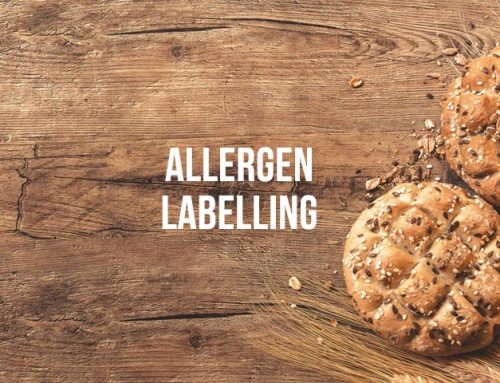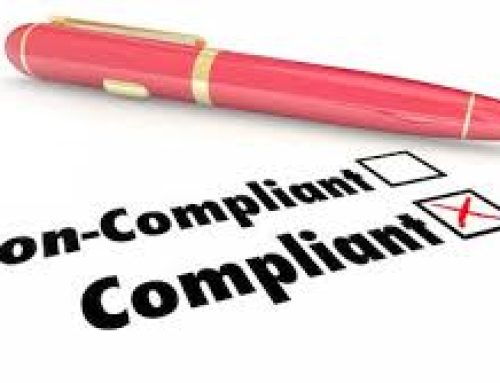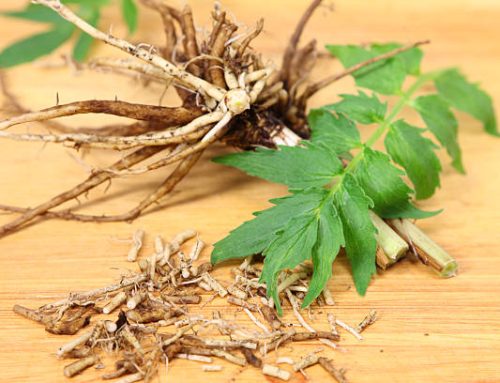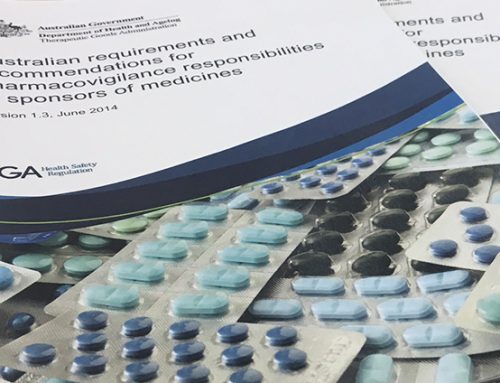The Therapeutic Goods Administration (TGA) has recently released a new web page titled “Regulation of Sport Supplements in Australia: Information for Importers and Sellers.” Information, which is expanded upon below, includes:
- Identification of sport supplements that are likely to be classified as foods
- Recognition of sport supplements that are likely to be considered therapeutic goods
- Understanding the regulatory framework for the oversight of sport supplements in Australia
- Essential information for compliance with therapeutic goods laws
Sport supplements fall within one of two potential regulatory frameworks: foods or therapeutic goods under the Therapeutic Goods Act 1989. According to the law, a product can be categorized as either a food or a therapeutic good, but not both.
In instances where a product aligns with an applicable food standard and is encompassed by the Therapeutic Goods (Declared Goods) Order 2019, the Declared Goods Order takes precedence over the food standard exemption. Consequently, the product is classified as a therapeutic good.
Conversely, if a product does not meet the criteria for being classified as a therapeutic good but satisfies the conditions to be considered a food, then the regulation of that sport supplement will fall under the pertinent food standard.
Sport supplements that are considered foods:
- contain ingredients appropriate for foods
- are presented in traditional food forms
- powders (branch chain amino acids; whey protein powders; meal replacement shakes; artificial sweeteners)
- beverages (energy drinks)
- bars (nutrition bars; functional foods such as apple cider vinegar or chia seeds)
Sport supplements that are considered therapeutic goods:
- if they make a therapeutic claim related to maintaining or improving performance in sports, exercise, or recreational activity and if it satisfies one of the following:
A: is in the dosage form of a tablet, capsule, or pill (other than those containing glucose only) (from 30 November 2023) or
B: contains (or is represented to contain) a restricted ingredient
*Restricted ingredients are
– included in a Schedule in the Poisons Standard
– a ‘relevant substance’ as defined in the Declared Goods Order
– included on The WADA Prohibited List- external site by the World Anti-Doping Agency
Therapeutic claims for sport supplements can include:
- Influencing, inhibiting, or modifying a physiological process in the human body
- Preventing, diagnosing, curing, or alleviating a disease, ailment or defect
This includes statements about:
- gaining muscle
- increasing mental focus
- increasing metabolism
- increasing stamina
- modifying hormone levels
- increasing testosterone levels
- reducing oestrogen levels
- injury repair
- losing weight or fat
- preparing for a workout
- recovering from a workout
Becoming compliant:
Should the sport supplement product you are involved in importing, supplying, or promoting be classified as a therapeutic good, it is imperative to take one or more of the following measures to ensure compliance with the Act:
- If you serve as the sponsor, it is necessary to register the product in the Australian Register of Therapeutic Goods (ARTG) as a listed or registered medicine.
- Cease the supply and promotion of unapproved therapeutic goods until they are officially included in the ARTG.
- Temporarily refrain from making therapeutic claims in advertising until the product is included in the ARTG and is in accordance with advertising regulations.
- If the product formulation includes Scheduled or Prohibited substances, eliminate these components.
Labelling requirements:
The label must declare all active ingredients (and certain excipient ingredients) included in the product.
The TGA conducts routine examinations of sport supplements and their components. In the event that the identified ingredients deviate from those listed on the label, you could face substantial fines and/or potential criminal prosecution.
Important notes:
- A product that makes therapeutic claims is not automatically considered a therapeutic good without considering other factors.
- Therapeutic goods must be entered in the ARTG before they can be imported, advertised, or supplied in Australia.
Additional information
If you have any questions about how this affects your products, please contact us at…
The TGA have also provided a printable Fact Sheet containing important information for importers and sellers pertaining to the regulation of sport supplement products in Australia, available here.
Links:
- Webpage: https://www.tga.gov.au/resources/resource/guidance/regulation-sport-supplements-australia-information-importers-and-sellers








